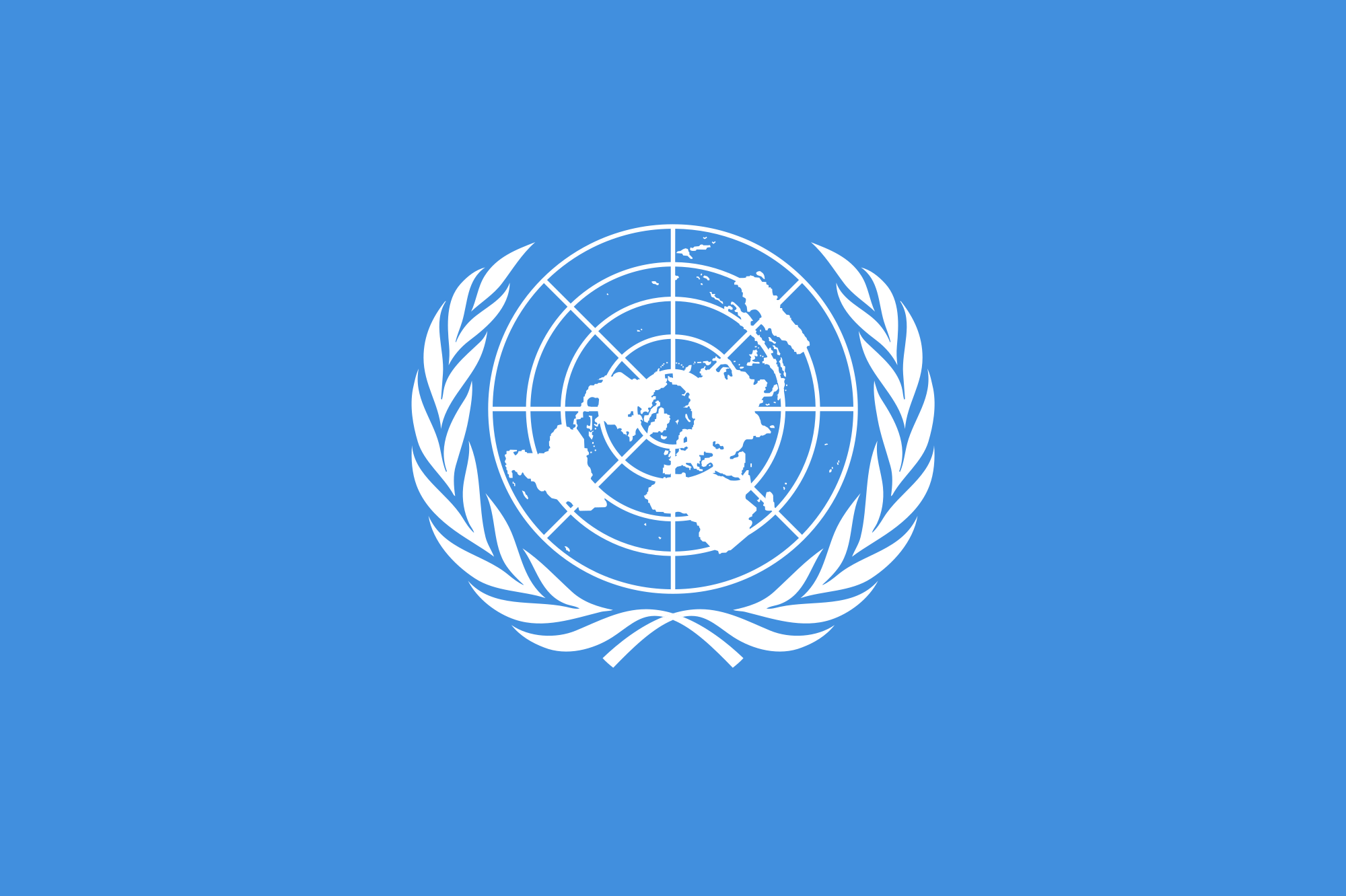Burhan's moves make return to Sudan's constitution harder, UN says
General Abdel Fattah al-Burhan was sworn in on Thursday as head of the new Sovereign Council, replacing the power-sharing body he dissolved last month in a coup that derailed Sudan's transition to civilian rule. Volker Perthes, the U.N. special representative for Sudan, said the unilateral decision "makes it increasingly difficult to return to the constitutional order", his office wrote on Twitter, citing a briefing he gave to the U.N. Security Council on Thursday.

- Country:
- Egypt
The Sudanese army chief's decision to appoint a new ruling council that he leads makes it harder to return to the constitutional order, a U.N. envoy said, underlining the growing obstacles facing those trying to reverse last month's coup. General Abdel Fattah al-Burhan was sworn in on Thursday as head of the new Sovereign Council, replacing the power-sharing body he dissolved last month in a coup that derailed Sudan's transition to civilian rule.
Volker Perthes, the U.N. special representative for Sudan, said the unilateral decision "makes it increasingly difficult to return to the constitutional order", his office wrote on Twitter, citing a briefing he gave to the U.N. Security Council on Thursday. Perthes has been involved in mediation efforts aimed at securing the release of detainees and finding a negotiated way out of the crisis through a return to power-sharing between the military and civilians. But these efforts have stalled amid signs that the army is moving to consolidate control.
The new 14-member Sovereign Council includes civilians representing Sudan's regions but none from the Forces of Freedom and Change (FFC) political coalition that had been sharing power with the military since 2019, effectively dissolving the transitional partnership. One member has yet to be named. Abdalla Hamdok, the prime minister ousted on Oct. 25, remains under house arrest. Part of the mediation efforts has focused on bringing him back to lead a technocratic government.
Hamdok has in turn demanded the release of top civilians and a return to the transition that began after the overthrow of long-term autocrat Omar al-Bashir in 2019. Western donors including the United States which supported Sudan's transition have frozen aid in response to the takeover.
French President Emmanuel Macron wrote on Twitter overnight that events in Sudan were very worrying. "We demand the immediate freeing of all those who embody the spirit and hope of the Sudanese revolution, which must not be betrayed," he wrote. Opponents of the army's move have called for big protests on Saturday. Security forces shot dead three people during the last big protest against the takeover on Oct. 31. In total, 15 protesters have been killed since the coup.
Ahead of the protests, the spokesperson for the U.N. High Commissioner for Human Rights called on military leaders to allow people freedom of expression and peaceful assembly.
(This story has not been edited by Devdiscourse staff and is auto-generated from a syndicated feed.)
ALSO READ
UN Security Council should have condemned Iran embassy attack in Syria - Iran's UN mission
Russian attacks ‘a daily destructive pattern’ in Ukraine, Security Council hears
UN Security Council aims to meet Sunday on Iran attack after Israel request -diplomat
Israel requests emergency UN Security Council meeting on Iran
UN Security Council to meet Sunday on Iran attack after Israel request










